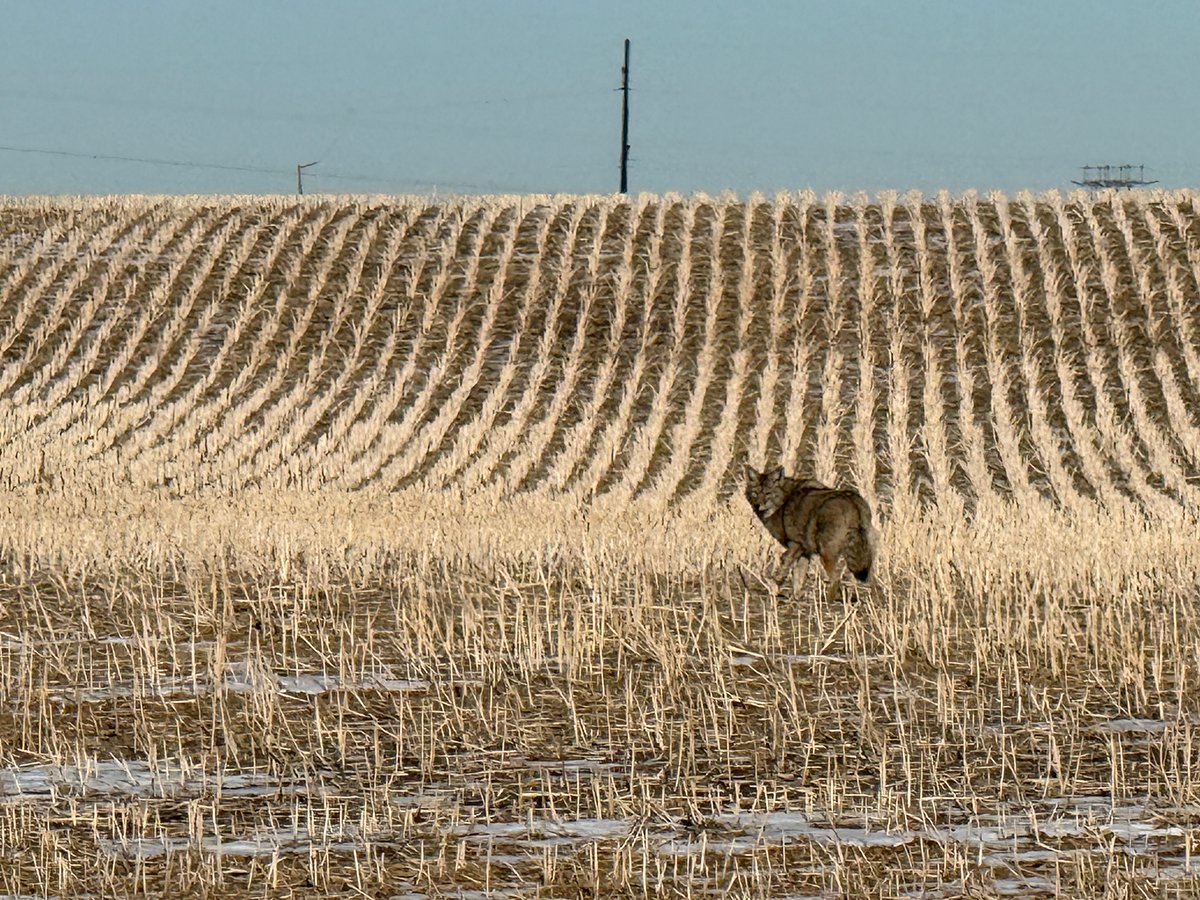EDMONTON — Continuous improvement is a farmer’s goal, and for dairy producers that could be achieved through an initiative called ProAction.
The national program sets standards for quality milk, animal care, traceability, biosecurity and environmental care.
However, rather than imposing it on farmers in one fell swoop, modules are being introduced slowly.
“In September of this year we are going to be implementing the animal care module and traceability,” David Wiens told the Dairy Farmers of Canada annual meeting held in Edmonton July 18-19.
Read Also

October proved warmer than average
We are going to take a quick look back at how October shaped up across the Prairies — are we already seeing the forecasted winter weather pattern developing?
Animal care includes assessments that measure body condition and producer efforts to reduce lameness and injuries to feet, hocks and necks. More than 1,200 farms have been assessed in this area so far.
Another pilot project involves ways to prevent animal abuse.
“We will work with DPAC (Dairy Processors Association of Canada) to set up a pilot project which en-ables us to set up a team of independent veterinarians who would ask and look into maltreatment of animals. This tool would allow us to intervene more quickly,” Wiens said.
“These modules will continue to evolve and we will continue to see improvement both with the program and we will see continuous improvement on the farms as well.”
A new manual is set for release in September on food safety, while training for on-farm biosecurity starts around the same time.
Farms are evaluated and validated by trained classifiers from Holstein Canada.
A pilot program is also underway to test how well each module has been integrated into a single on-farm program.
“We want to have one program on the farm and we want to streamline as much as possible and make it as easy as possible for farmers and validators,” he said.
The environment module is in development, said Karen Clark of DFC.
The pilot module relied heavily on the current environmental farm plans. Clark is part of a committee working on a national program to standardize plans across the country, which means the ProAction module may be delayed until this is formulated.
“That way we would at least ensure we would have a level of uniformity,” she said.
She is also involved in developing a life cycle analysis to assess the dairy sector’s environmental and carbon footprint.
A symposium on dairy sustain-ability will be held in Ottawa Nov. 7-8.















